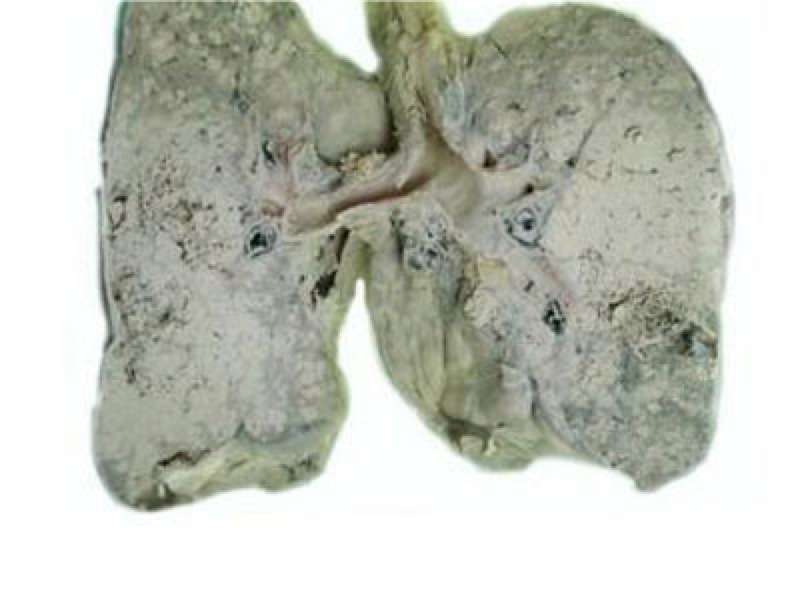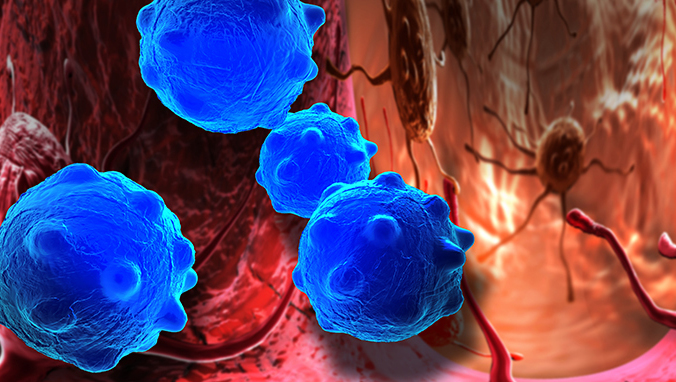What is chemotherapy
Chemotherapy refers to the use of drugs to treat cancer. These special drugs can kill tumor cells, sometimes called cytotoxic drugs. Many chemotherapy drugs come from nature, such as plants, others are artificially synthesized. At present, there are more than 50 chemotherapeutic drugs, such as commonly used: epirubicin, doxorubicin, daunorubicin, mitomycin, fluorouracil deoxynucleus, etc. These drugs are often combined in different strengths. 
Some chemotherapeutic drugs are taken in the form of tablets, others are given intramuscularly or subcutaneously, and intraspinal injections (intrathecal injections), more commonly intravenous injections. Intravenous injection can be completed within a few minutes, or it can be placed in a large volume of liquid for several hours. Sometimes several drugs are applied simultaneously.
What type of chemotherapy does use? This depends on the type of tumor that is affected, the spread and the overall health of the patient. Every patient is different, and treatment is specifically designed for each patient, which also shows that each patient''s response to treatment is different.
In general, chemotherapy is painless, and some drugs can feel burning pain when given intravenously. If this happens, tell the nurse or doctor immediately because the tissue around the vein can be damaged when the drug leaks. Chemotherapy can often be performed in an outpatient clinic, and patients do not have to stay overnight in the hospital.
Chemotherapy is usually given in a course of treatment, which may have an intermittent period so that normal cells can be restored. The intermittent period is 1 week or several weeks, depending on the type of drug or application of the drug. The number of treatment sessions depends on the type of treatment and the purpose of treatment (cure or control of cancer). The doctor will use several months to judge the effectiveness of your treatment. The patient undergoes physical examination, blood test, and X-ray examination. You can ask your doctor about the test results and information that prompts you to progress.
In general, people rarely mention side effects. Sometimes people think that if there are no side effects, the medicine will not be effective. Or if there are side effects, the medicine is very effective. But side effects are not necessarily the same for every patient, and the presence or absence of it is usually not a sign of whether a treatment is effective.
Related Articles

- Early symptoms of lung cancer
- 2020-12-17

- Early Signs of Bladder Cancer
- What are the early symptoms of bladder cancer?
- 2020-12-17

- First-line chemotherapy for squamous cell carcinoma
- Squamous cell carcinoma is abbreviated as squamous cell carcinoma, also known as epidermal carcinoma. It is a malignant tumor that occurs in epidermal or accessory organ cells. Cancer cells
- 2020-08-02

- Is the second-grade clear kidney cancer living up to 5 years?
- Nuclear grading is an important prognostic factor for renal clear cell carcinoma and has been included in the WHO classification. Currently, a four-level grading system is generally used. T
- 2020-08-02

- Is metastatic carcinoma easy to metastasize
- Once the cancer has metastasized, it will be very difficult to cure, because many people have lost their lives because of the emergence of cancer, so most people think that cancer is an un
- 2020-08-02

- What does microinfiltrating adenocarcinoma mean?
- Microinfiltrating adenocarcinoma is a type of lung cancer. The reason why it is called microinfiltration means that there is less infiltration around it, which means that it is in the early
- 2020-08-01
